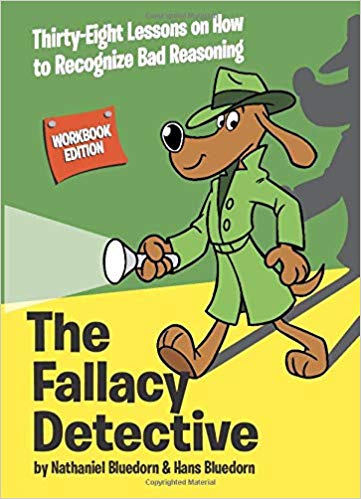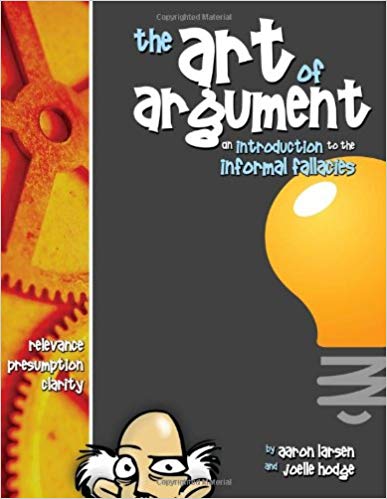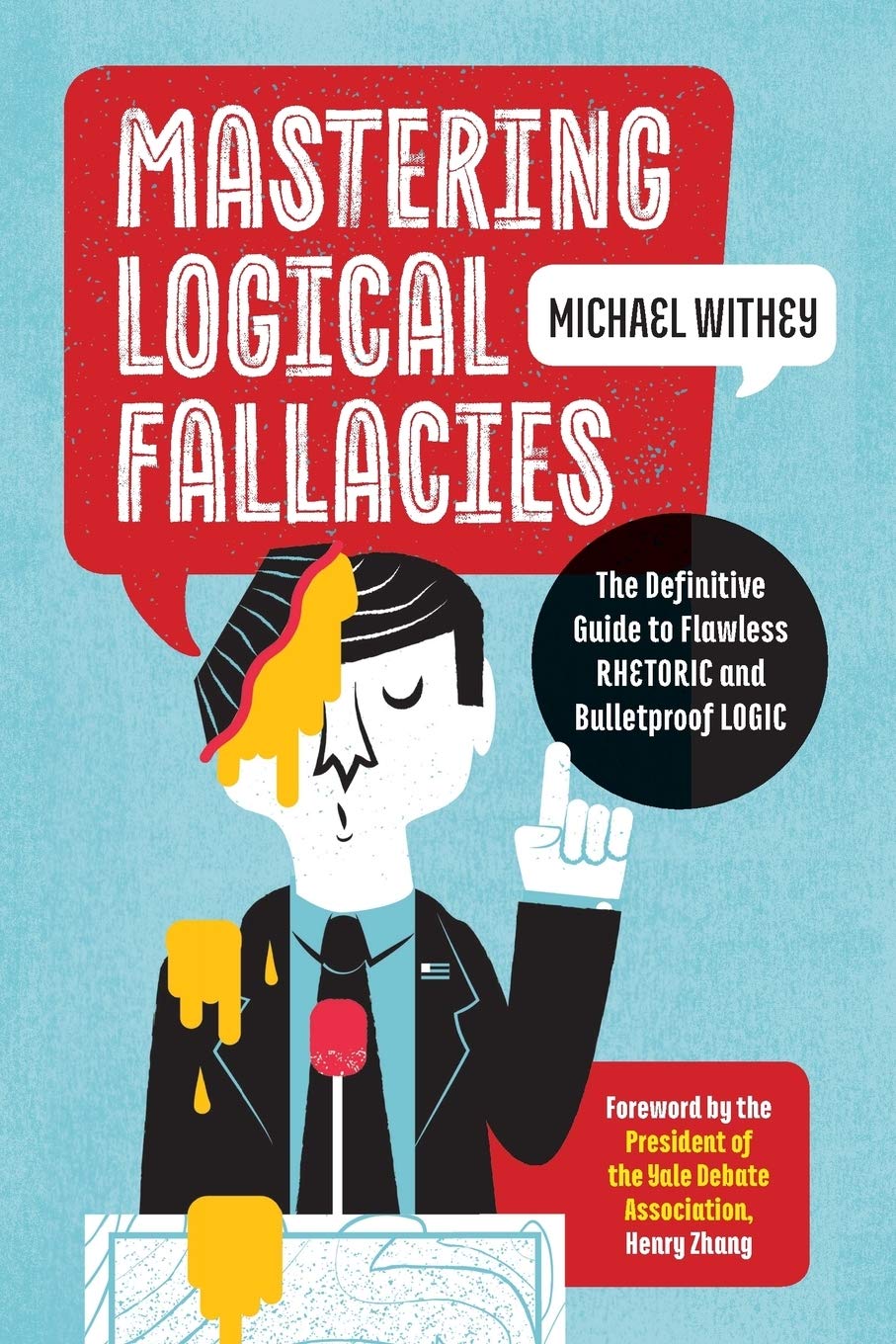In the realm of logic and argumentation, fallacies are misleading or false arguments that, despite their lack of validity, may seem convincing at first glance. Among these, informal fallacies stand out as particularly intriguing. Unlike formal fallacies, which are errors in the structure or form of an argument, informal fallacies are more subtle, often rooted in the content of the argument itself.
An informal fallacy is a flaw in reasoning that occurs within the context of the argument's content or subject matter. It is "informal" because it does not pertain to the form or structure of the argument, but rather to the way the argument is presented or the assumptions it relies upon. These fallacies can be found in everyday conversations, political debates, advertising, and various forms of media. They are often used, intentionally or not, to persuade or manipulate an audience by appealing to emotion or exploiting cognitive biases.
One of the most common types of informal fallacies is the ad hominem fallacy. This occurs when someone attacks the person making the argument, rather than addressing the argument itself. For example, if someone were to say, "You can't trust John's opinion on climate change; he's not a scientist," they would be committing an ad hominem fallacy. The person's profession or background does not necessarily invalidate their argument about climate change.
Another common informal fallacy is the appeal to authority, where one asserts that a claim is true simply because an authority or expert on the issue has said it is true, without any other supporting evidence. For instance, "My doctor said that this diet is the best, so it must be true," is an example of an appeal to authority. While experts' opinions are valuable, they are not infallible and should not be the sole basis for accepting a claim.
The slippery slope is another informal fallacy, which involves arguing that a particular action will inevitably lead to a specific negative outcome without providing evidence that this outcome is likely. An example might be, "If we allow students to use calculators in school, they'll stop learning basic math skills, and eventually, our society will become numerically illiterate."
The straw man fallacy is also worth mentioning. This occurs when someone misrepresents another's argument to make it easier to attack. For example, if person A believes that we need to regulate industrial pollution and person B responds by saying, "Person A wants to destroy all industries," person B is setting up a straw man.
Informal fallacies can be persuasive because they often appeal to our emotions, biases, or preconceived notions. However, they do not provide a solid foundation for a logical argument. Recognizing these fallacies when they occur is a critical skill in critical thinking and rational discourse. It allows us to separate emotional appeals and manipulative tactics from valid, logical arguments.
Informal fallacies are errors in reasoning based on the content of an argument rather than its structure. They are pervasive in many areas of our lives and can be misleadingly persuasive. By understanding and recognizing these fallacies, we can improve our ability to engage in logical, rational discourse and make better-informed decisions.






